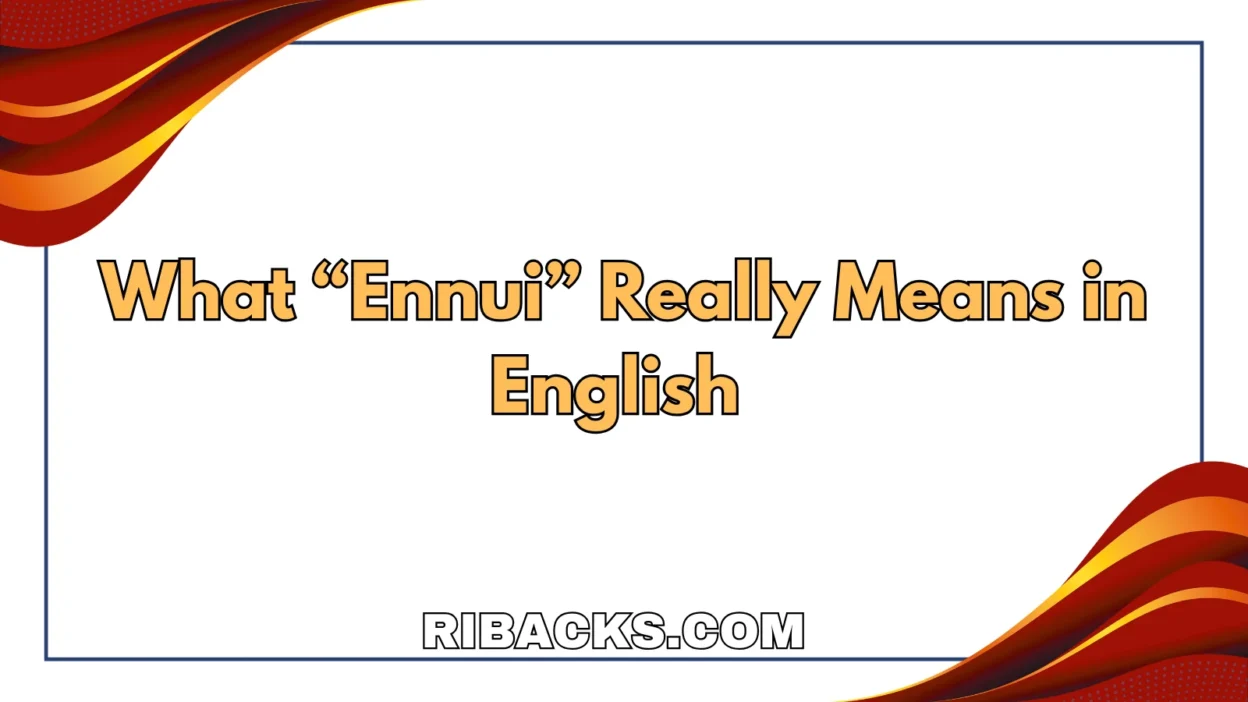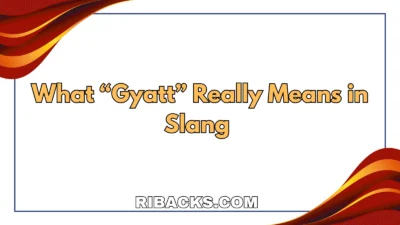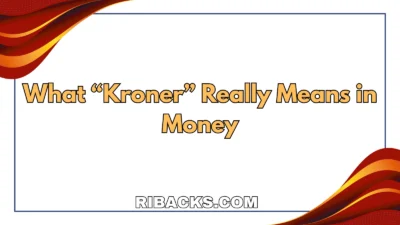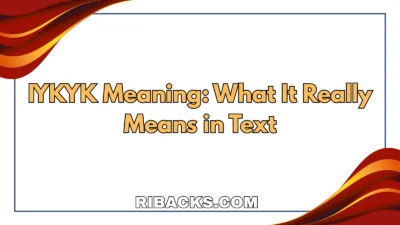You might’ve seen the word “ennui” in a novel, an aesthetic caption, or even a moody TikTok where someone stares out a window saying they’re “filled with ennui.”
The first time I saw it, I thought it was some fancy dessert or a French café name. But no — it describes a very specific kind of feeling.
Quick Answer:
Ennui means a deep, lingering sense of boredom, dissatisfaction, or lack of excitement. It’s more dramatic than normal boredom — it’s boredom mixed with emotional emptiness.
🧠 What Does Ennui Mean?
Ennui (pronounced on-wee) is a French word used in English to describe:
- A feeling of boredom
- A sense of restlessness
- A kind of emotional emptiness
- A mood where nothing feels interesting
It’s often used in literary or dramatic contexts to describe a mood, not just a moment.
Example sentence:
“After three slow days at home, she felt a wave of ennui wash over her.”
In short:
Ennui = deep boredom + dissatisfaction + emotional restlessness.
📱 Where Is Ennui Commonly Used?
You’ll see ennui in places where people talk about emotions, moods, or aesthetics:
📚 Literature & Writing
- Novels
- Poetry
- Character descriptions
- Dramatic narration
🌐 Online / Social Media
- Tumblr aesthetics
- TikTok moody captions
- Instagram “sad girl / soft boy” posts
- X (Twitter) dramatic venting
💬 Everyday Speech (less common)
Some people use it in conversation when they want to sound poetic, dramatic, or humorous.
➡️ Note: It’s not slang — it’s a real English word with a poetic vibe.
💬 Examples of Ennui in Conversation
Here are natural, casual examples of how people use “ennui”:
1.
A: “How’s your day going?”
B: “Honestly… full of ennui 😪”
2.
A: “Why do you look so done with life?”
B: “It’s the ennui… it’s strong today.”
3.
A: “Bro, you okay?”
B: “Just feeling some existential ennui.”
4.
A: “Why aren’t you doing anything?”
B: “Ennui has taken over my soul 💀”
5.
A: “Why do you sound dramatic?”
B: “Because I’m drowning in ennui, obviously.”
🕓 When to Use and When Not to Use Ennui
✅ Use “Ennui” When:
- Describing deep or emotional boredom
- Writing something poetic or dramatic
- Talking about a slow, empty day
- Expressing an artsy or literary mood
- Using humor to exaggerate boredom
❌ Don’t Use “Ennui” When:
- Speaking in professional or formal settings
- Writing simple texts or instructions
- Describing quick or casual boredom
- Talking to someone who may not understand the term
✔ Comparison Table
| Context | Example Phrase | Why It Works |
|---|---|---|
| Dramatic Chat | “This day fills me with ennui.” | Adds emotional depth |
| Aesthetic Caption | “Captured in a moment of ennui.” | Poetic & artistic |
| Casual Conversation | “I’m bored.” | Clear and simple |
| Professional Setting | “I feel unmotivated today.” | Formal & understandable |
🔄 Similar Words or Alternatives
| Word | Meaning | When to Use |
|---|---|---|
| Boredom | Lack of interest | Everyday conversation |
| Apathy | Lack of emotion or motivation | Emotional detachment |
| Restlessness | Can’t relax or stay still | Feeling unsettled |
| Melancholy | Gentle, reflective sadness | Artistic expression |
| Listlessness | Low energy, unmotivated | Tired or drained moods |
❓ FAQs About Ennui
❓ Is ennui the same as boredom?
Not exactly. Ennui is boredom with emotional dissatisfaction — deeper and more dramatic.
❓ How do you pronounce “ennui”?
It’s pronounced on-wee, like two syllables.
❓ Is ennui a French word?
Yes — it comes from French but is fully used in English.
❓ Is ennui a negative feeling?
Yes, but often used in a poetic or artistic way.
❓ Can you feel ennui even when busy?
Absolutely — it’s more about emotional emptiness than the amount of activity.
📝 Final Thoughts
Ennui is that heavy, slow, “nothing feels interesting” mood we all experience sometimes.
It’s more profound than simple boredom — it’s emotional tiredness mixed with dissatisfaction.
Whether you’re describing a dull day, writing something artistic, or just being dramatic for fun, ennui is the perfect word to capture that feeling.



